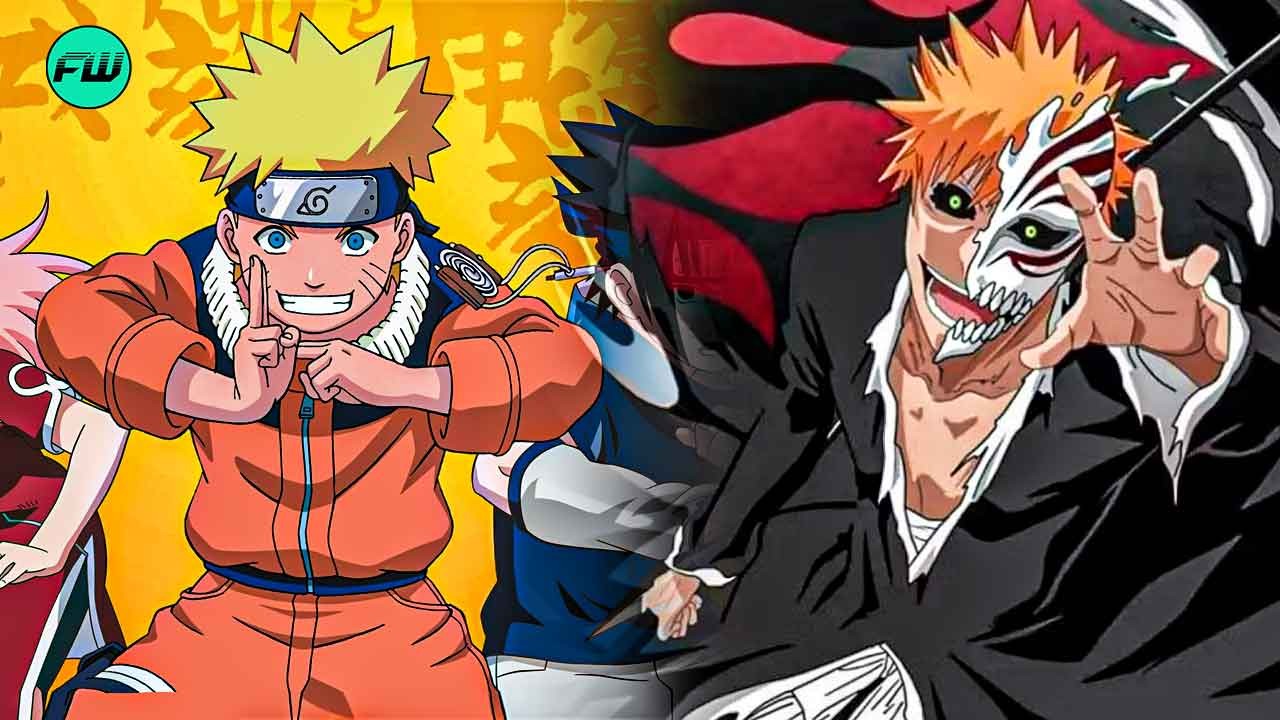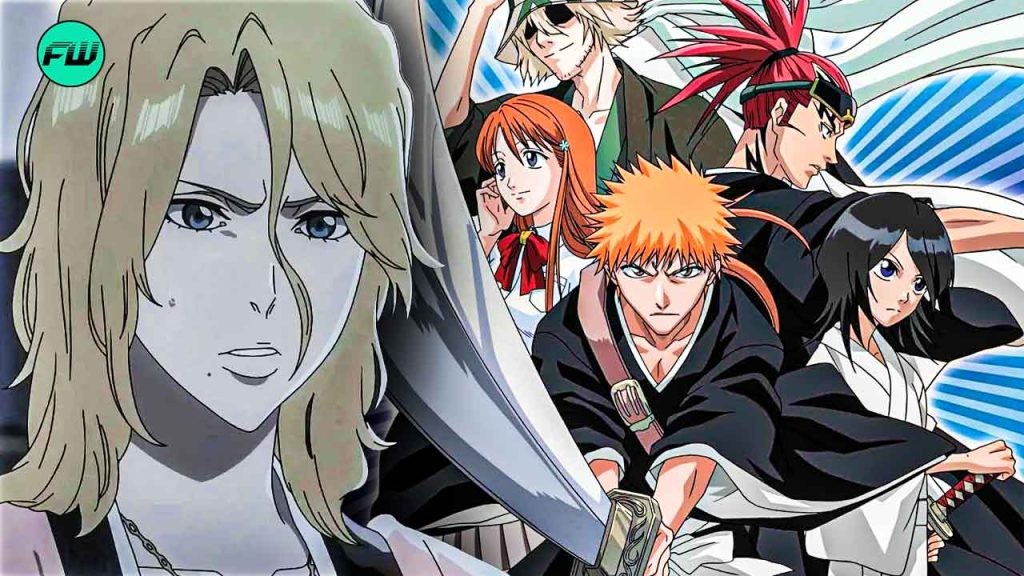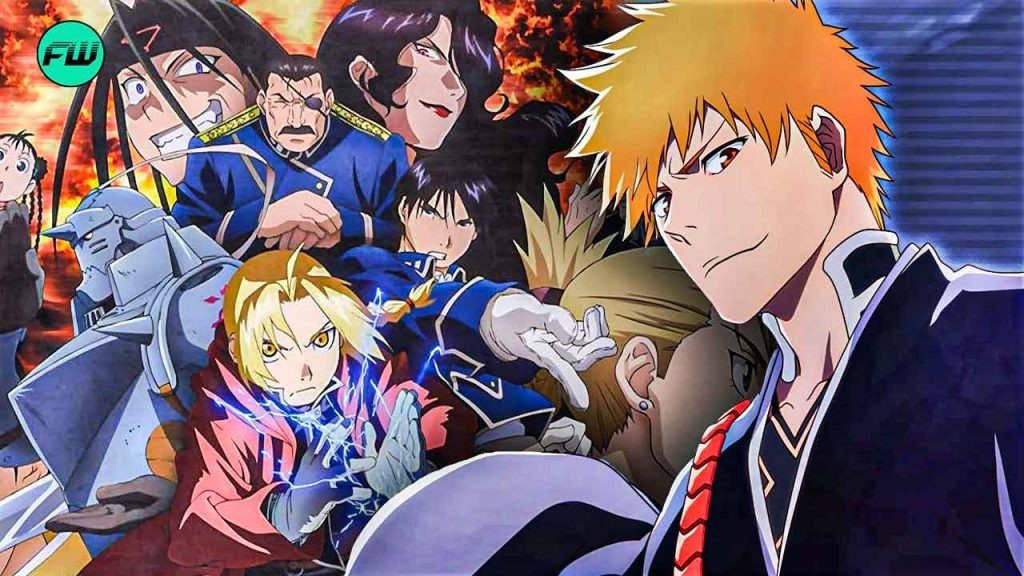Tite Kubo is known for having many unique traits in Bleach. Whether it be character designs or personalities and even their powers, he knows how to stand out and how to make his works stand out even more. Having inspired so many mangakas after his time, there is no denying that his influence has been massive and respected.
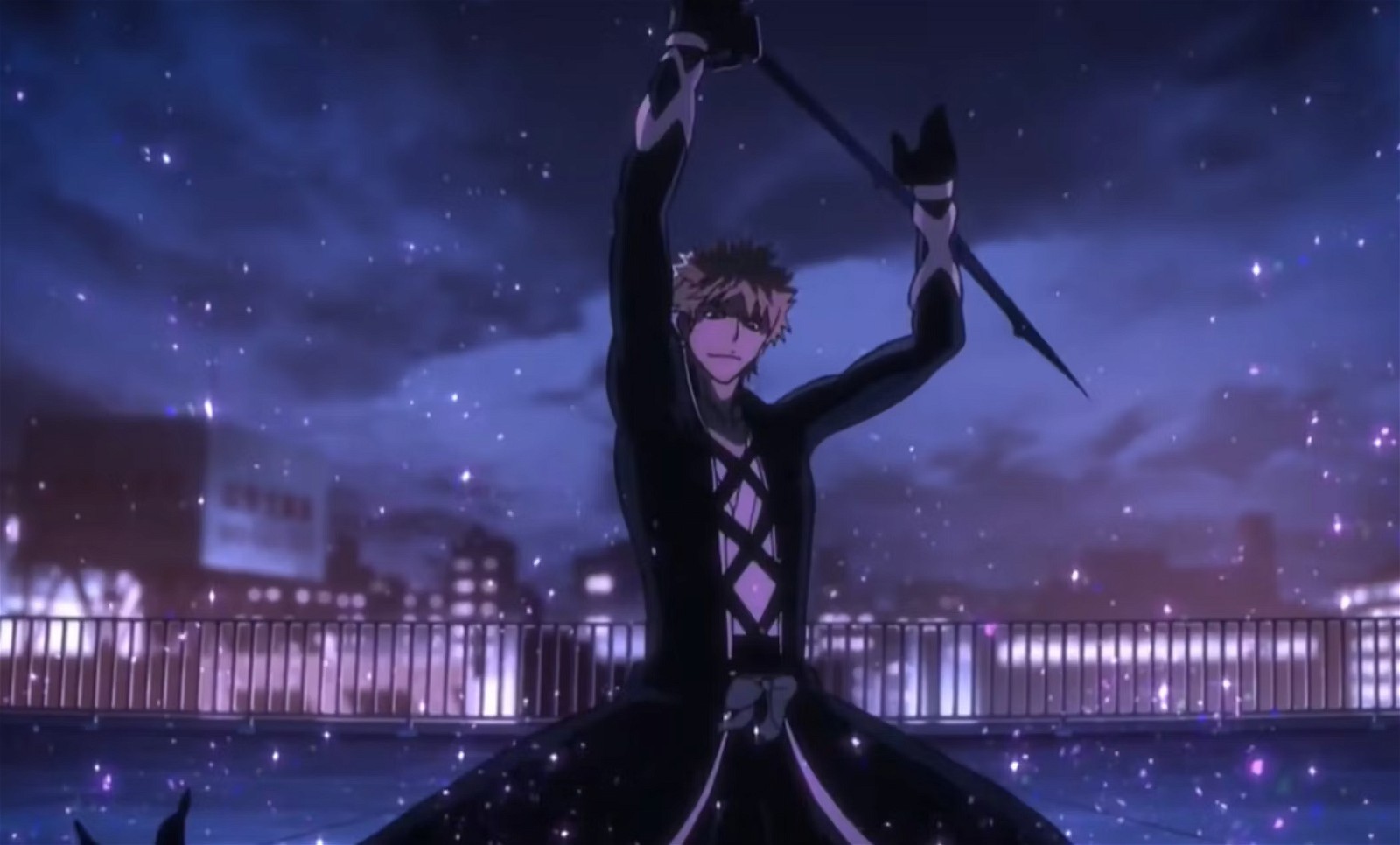
Masashi Kishimoto also stands on the same pedestal with both Kubo and his works being part of the top three Shonen mangas. To master and perfect their works, they need practice but most importantly, experimenting. Going with a trial and error method, something might work at certain times while otherwise, it would not. One trait that both Naruto and Bleach shared became an unfortunate addition for the former and a positive trope for the latter.
Tite Kubo Made Success with Experimentation
During an interview via Tumblr, Tite Kubo talked about how when writing Bleach, there were already many other mangas that were more famous with characters that stood out more than his. Some of these included Naruto and One Piece. It was more than difficult to reach their level as compared to surpassing them and one thing he pointed out was the heavy use of catchphrases.
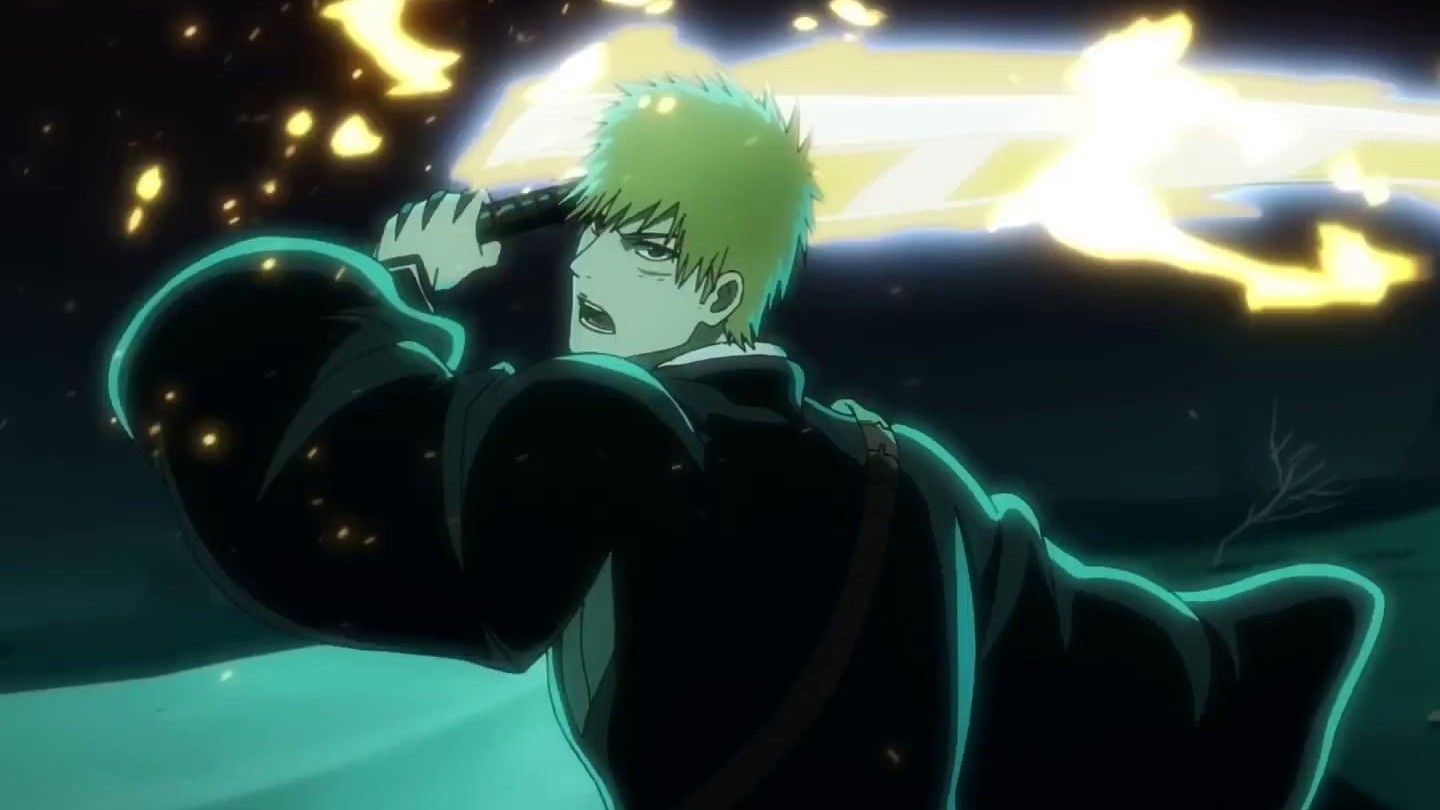
At the time, there were many works with distinctive catchphrases for characters, so this was an experiment to create a catchphrase for the work rather than the characters, thereby giving the work itself its very own personality. I then put it to work as dialogue that does not compromise the individuality of each character, even when multiple characters are using it.
One of the most commonly used catchphrases by Naruto, Dattebayo, had a lot of divided opinions to go alongside it. There was a chance that if Kubo went ahead and gave the Bleach characters a catchphrase as well, things would either work out well or crash terribly. He could have been compared to Masashi Kishimoto but also be successful in his own way.
Luckily, the latter took place with an experiment that worked well. He took into consideration how this one catchphrase could make or break a character. So it became important to understand the value of words and their impact.
Naruto’s Unfortunate Addition
Naruto’s most used catchphrase, Dattebayo, is also something the series and the character both get heavily mocked for. Nandato, literally meaning, what did you say, is Bleach’s catchphrase. It doesn’t direct to anybody’s personality and stands out on its own. Tite Kubo’s purpose was to give the work in itself something to attach itself to rather than the characters in it.
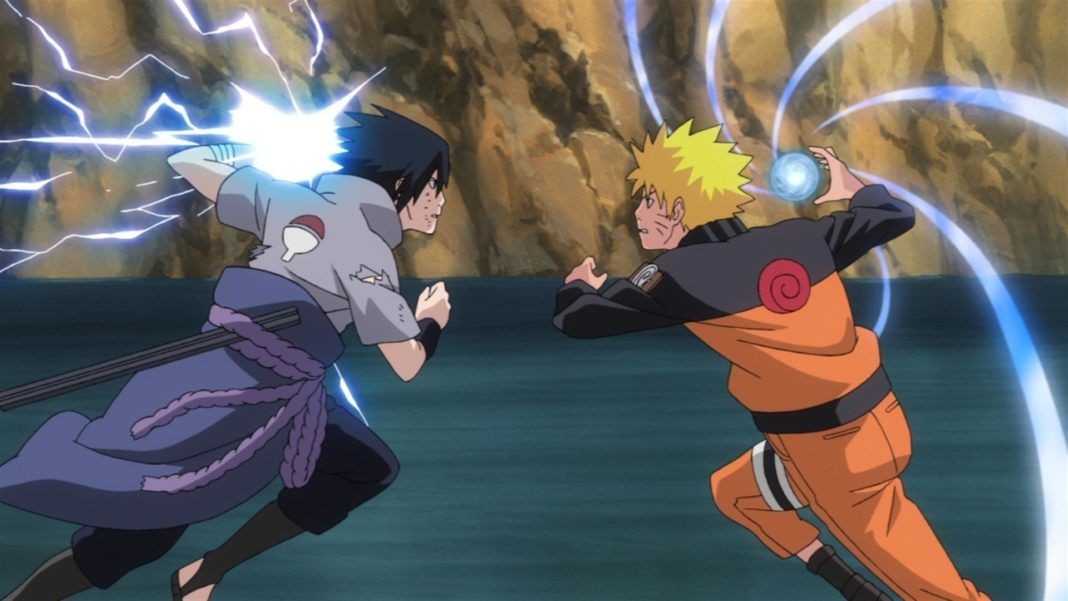
On the other hand, Masashi Kishimoto’s phrase backfired greatly. Not only was it overly used but fans often complained about how cheezy and nonsensical it seemed. The author may not have meant any harm with the phrase but that doesn’t mean everything he puts out works. The same can be said for Kubo. Experimentation is where true risks lie.
When they work, they are splendid, when they don’t; that is just another reason to experiment more and keep trying. Through this process, both Naruto and Bleach have impactful mangas and animes.

